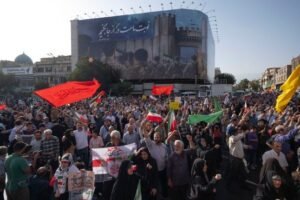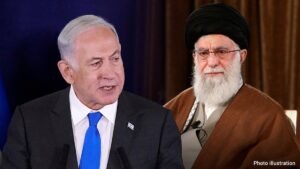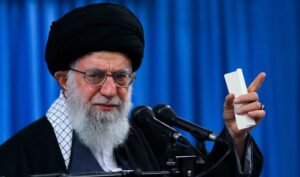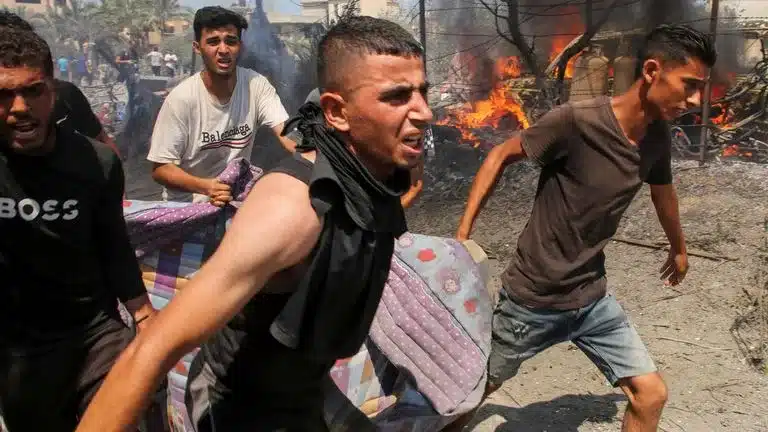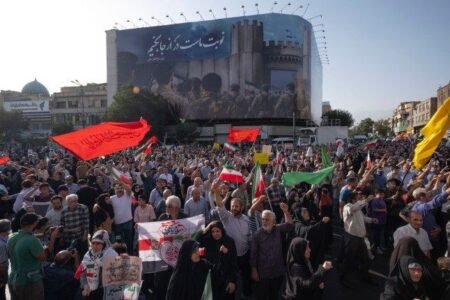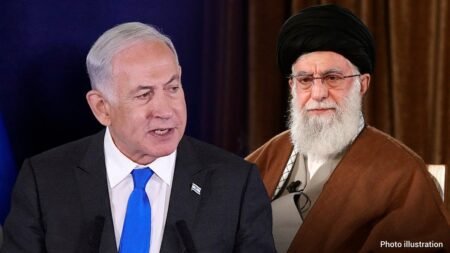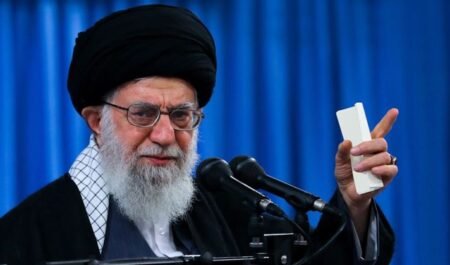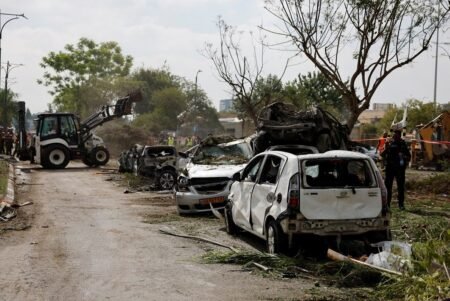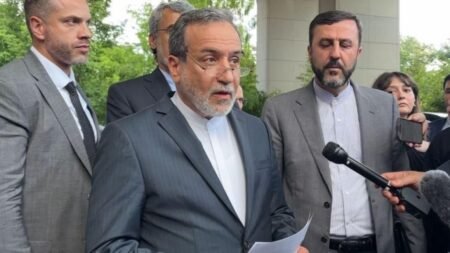An Israeli airstrike reportedly targeted the orchestrator of the October 7 attack, according to a security official. The Hamas-run health ministry stated that the strike resulted in the deaths of numerous individuals.
The strike, claimed by Hamas-run health authorities, resulted in the deaths of at least 71 people and left 290 others injured in Khan Younis, a southern city where refugees had sought shelter in tents.
Hamas, the militant group governing Gaza, condemned the airstrike as a “grave escalation” and accused Israel of showing no interest in pursuing a ceasefire. The attack’s primary targets were said to include Hamas military chief Mohammed Deif and senior militant leader Rafa Salama. There is uncertainty over whether Deif was killed in the operation.

Mohammed Deif, known for his secretive leadership of Hamas and alleged involvement in triggering conflicts with Israel, was linked to the October attack that initiated a destructive war in Gaza. The ensuing violence resulted in Hamas militants entering southern Israel, resulting in casualties and hostage-taking incidents.
In response to Hamas’ actions, Israel launched a military offensive in Gaza, leading to a significant number of casualties, as reported by Gaza’s health ministry.
The conflict has resulted in a humanitarian crisis, with a large portion of Gaza’s population seeking refuge in makeshift camps amid Israeli restrictions and ongoing violence.
The situation has exacerbated humanitarian aid challenges, contributing to widespread hunger and fears of potential famine among Gaza’s 2.3 million residents. Amidst these developments, the International Court of Justice has ordered Israel to take measures to safeguard Palestinians as it investigates allegations of genocide against Israeli leaders, a charge vehemently denied by Israel.
The situation in Gaza remains volatile, with ongoing military actions and humanitarian concerns impacting the region’s stability and the well-being of its inhabitants.

